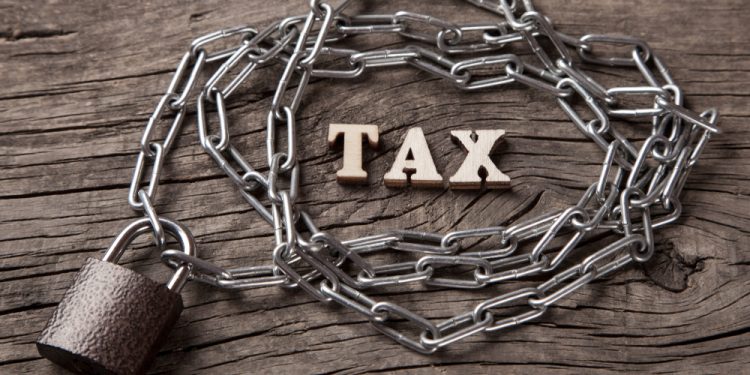The Government has confirmed it is freezing the auto-enrolment trigger at £10,000 for the next year, potentially increasing the number of people who fall into the ‘net pay trap’.
Pensions minister Guy Opperman confirmed the key AE payment that will apply for the 2019/20 tax year, as part of the standard annual review.
The AE trigger will stay at £10,000. This is the earnings thresholds that means employees are automatically enrolled into their company’s pension scheme.
While this has stayed the same, the personal allowance will rise from next April from £11,850 to £12,500. This is the first slice of earnings on which no income tax is due.
As the gap between the AE earnings trigger and the personal allowance has widened, this means more people will be caught by the net pay trap.
This affects those in many major company pension schemes where pension contributions are taken from net pay. These lower paid workers do not qualify for any tax relief on these contributions as no tax is paid on their earnings.
In contrast, many workers on similar – or even lower salaries – will gain this tax relief if they are in a ‘relief at source’ scheme. Here all workers get basic-rate relief of 20 per cent automatically, regardless of how much they earn.
Higher and additional-rate taxpayers able to claim extra through their tax returns. Non-earners are entitled to receive tax relief on contributions worth up to £2,880.
Elsewhere in this annual review Opperman confirmed that the lower qualifying earnings band limit will to increase to £6,136 and upper limit will rise to £50,000 from April next year.
AJ Bell’s senior analyst Tom Selby says: “The ‘net pay’ auto-enrolment problem looks set to get worse before it gets better as the gap between the point at which members pay income tax and the earnings level at which they get automatically enrolled widens from April next year.
“Over a million people in net pay schemes are already thought to have been affected by this anomaly, which robs them of the valuable tax relief they are entitled to when saving in a pension. It is particularly cruel that this flaw in the system affects the lowest earners.
“The DWP has now passed the buck to HMRC, hoping that the shift to becoming ‘one of the most digitally advanced tax administrations in the world’ will provide a ready-made solution. But until that happens this pension tax injustice will continue.”





